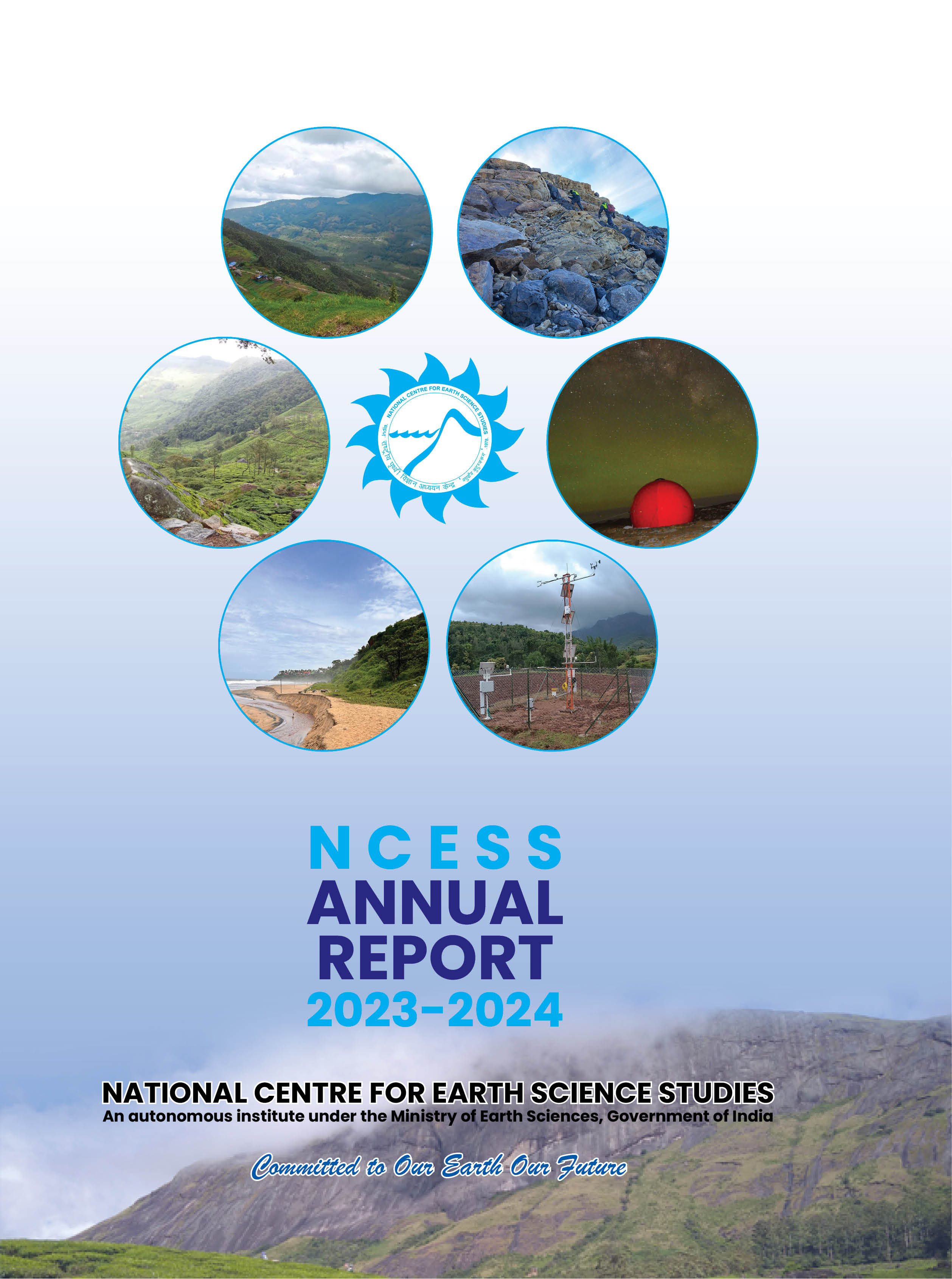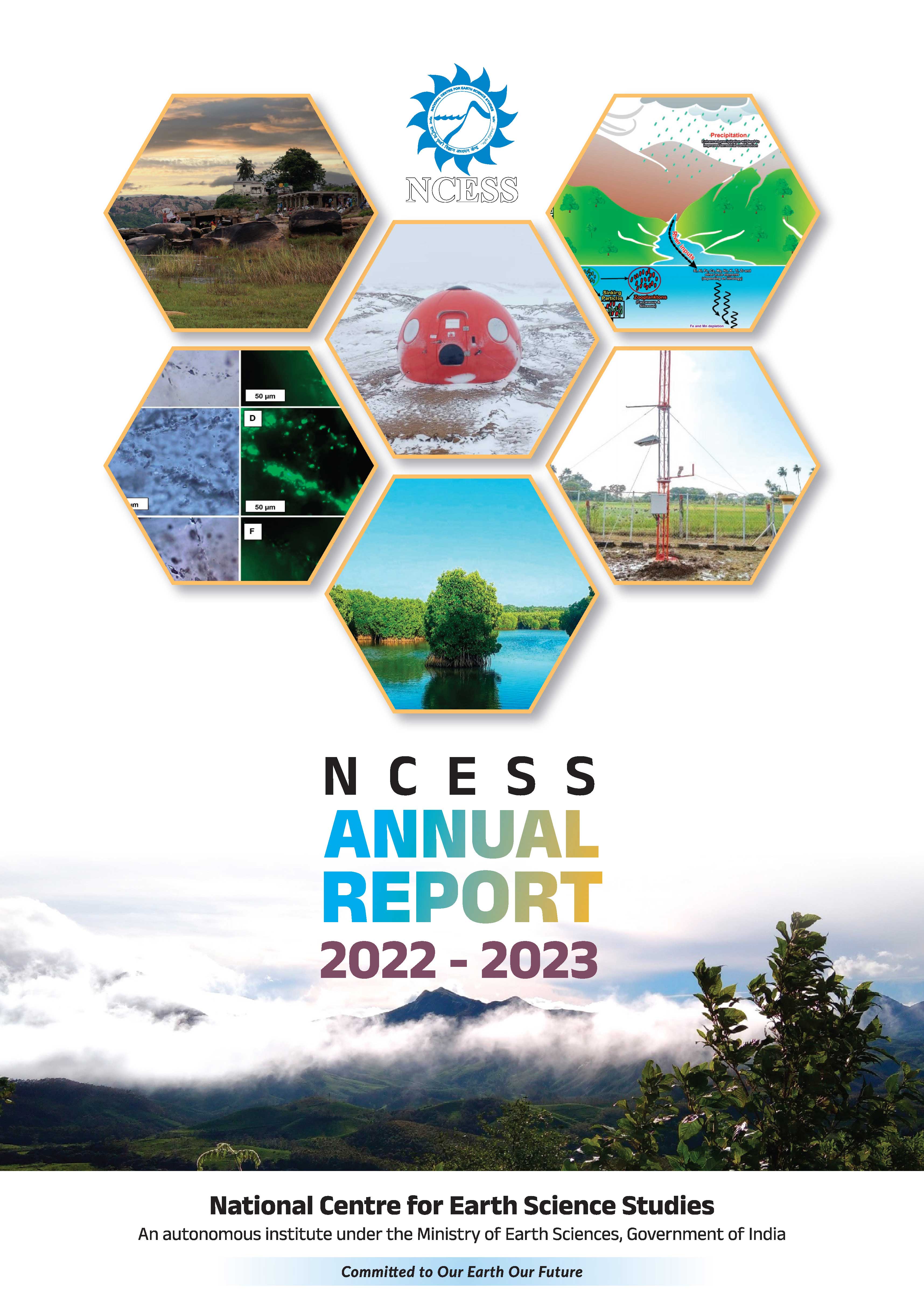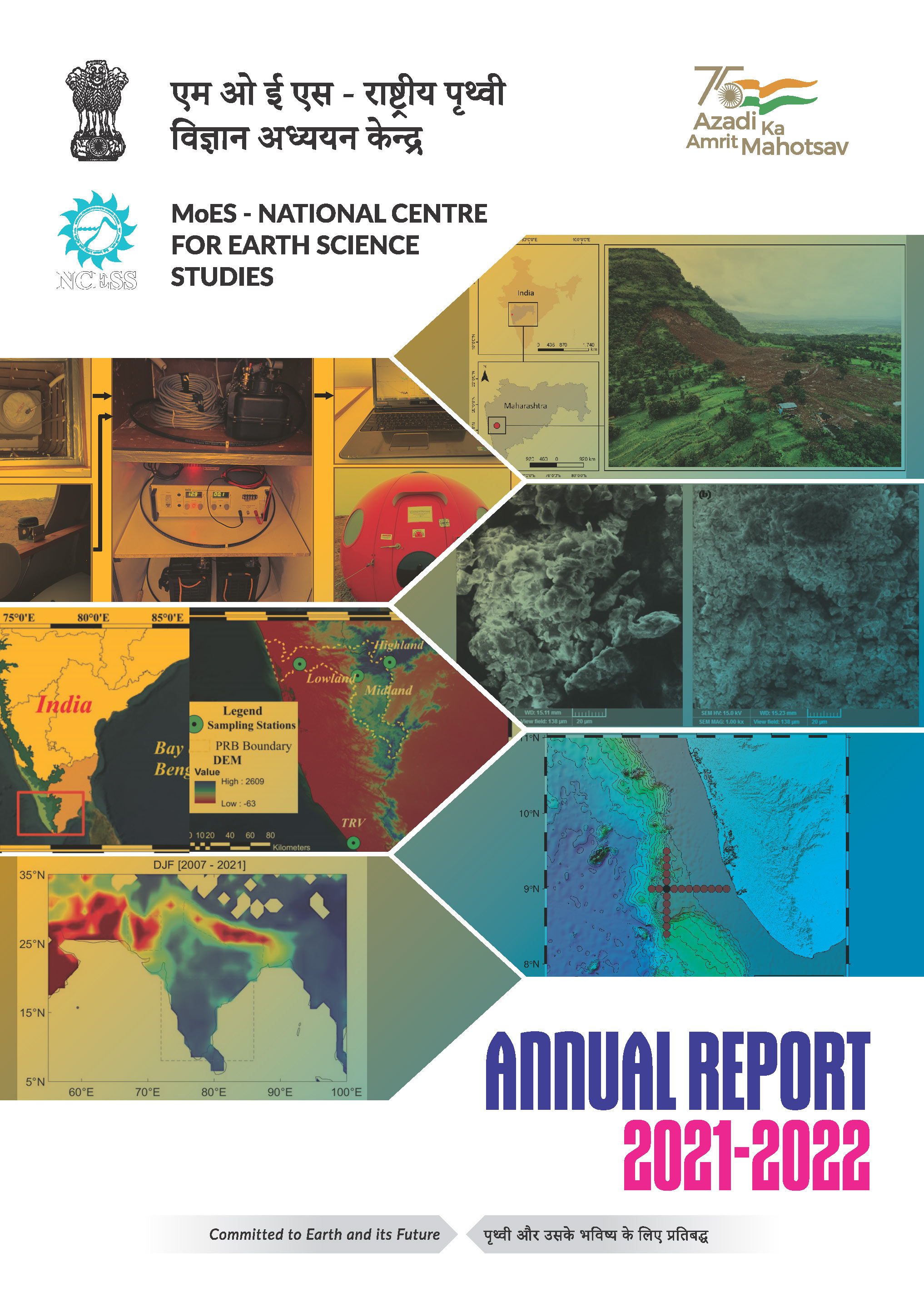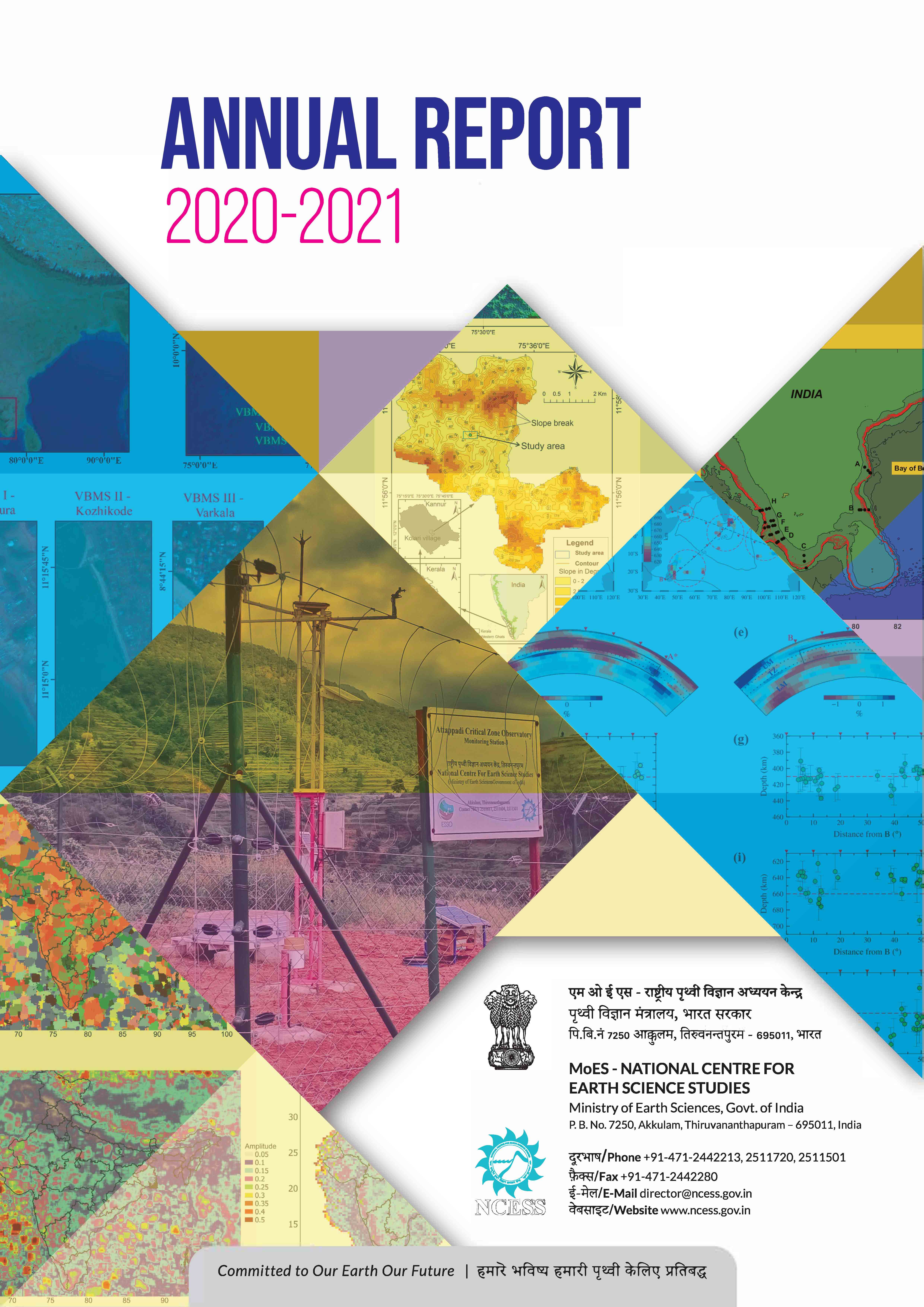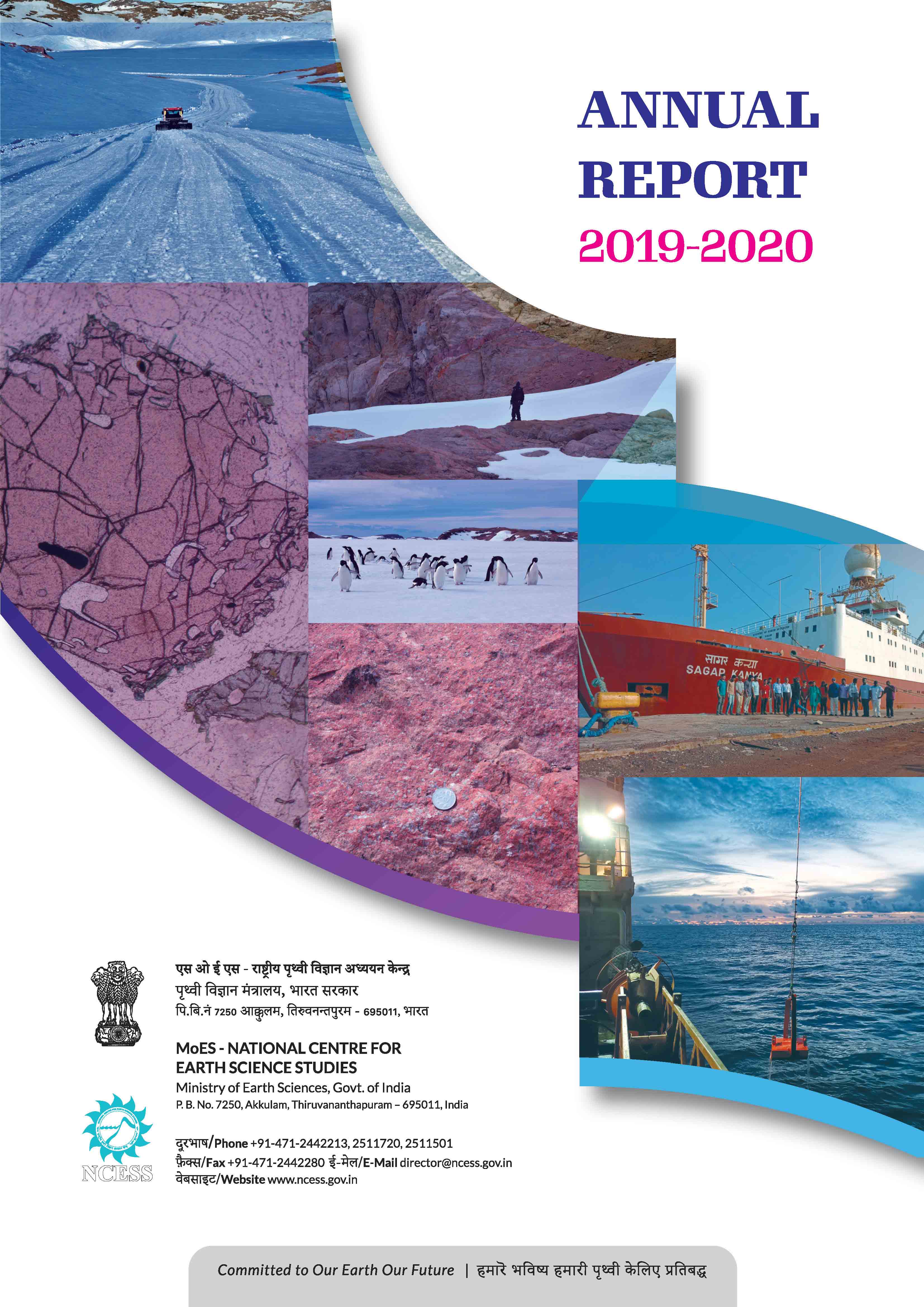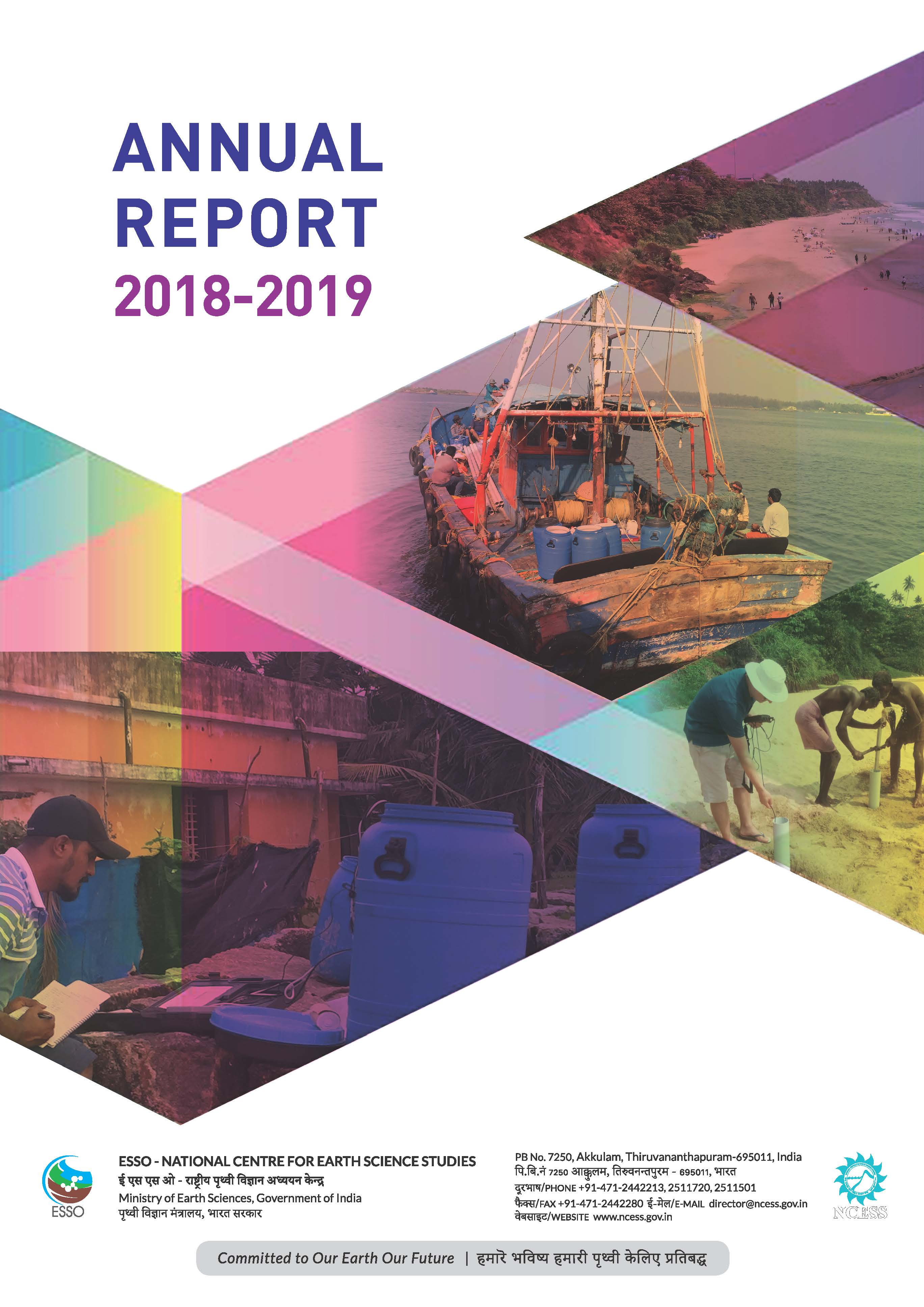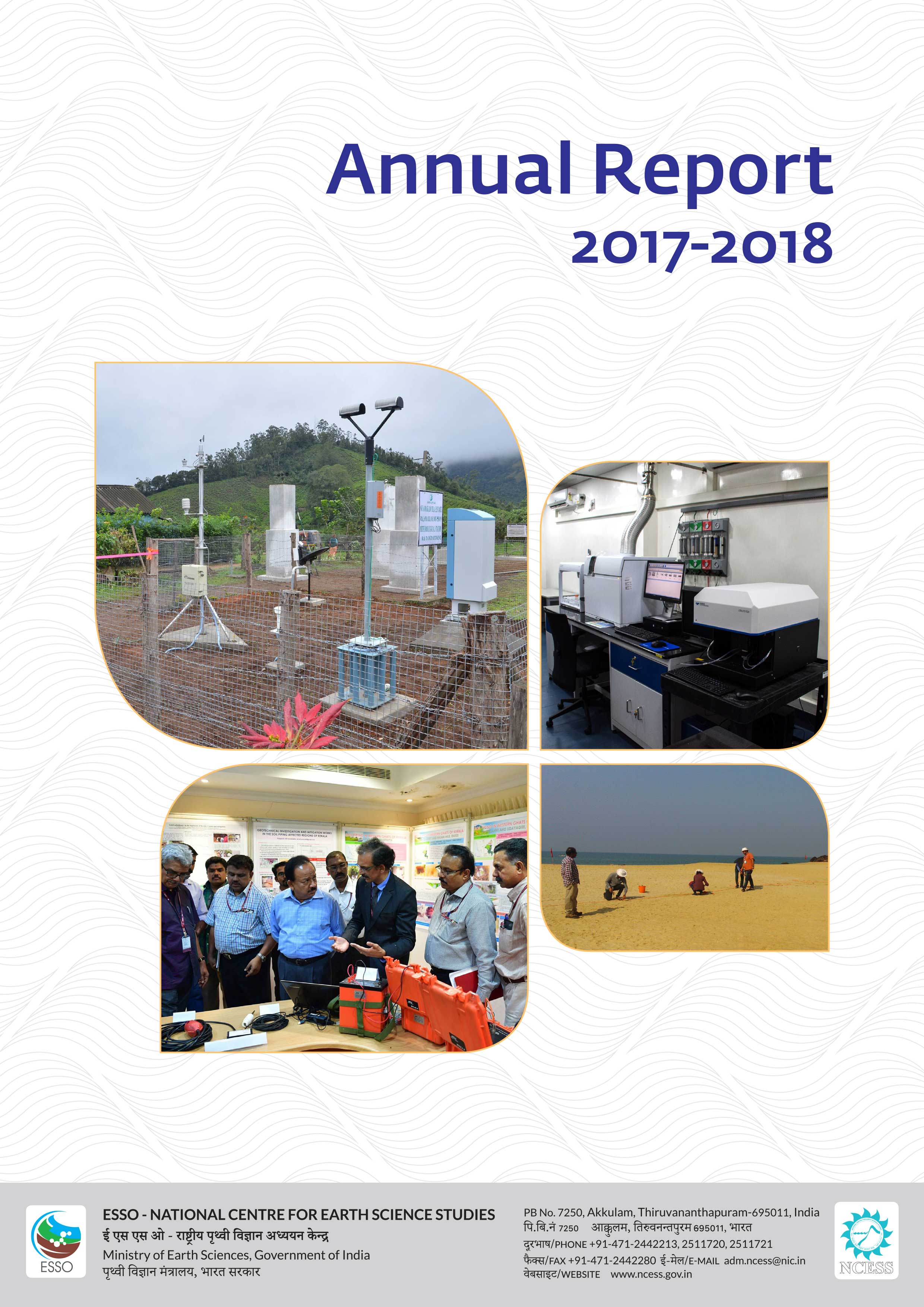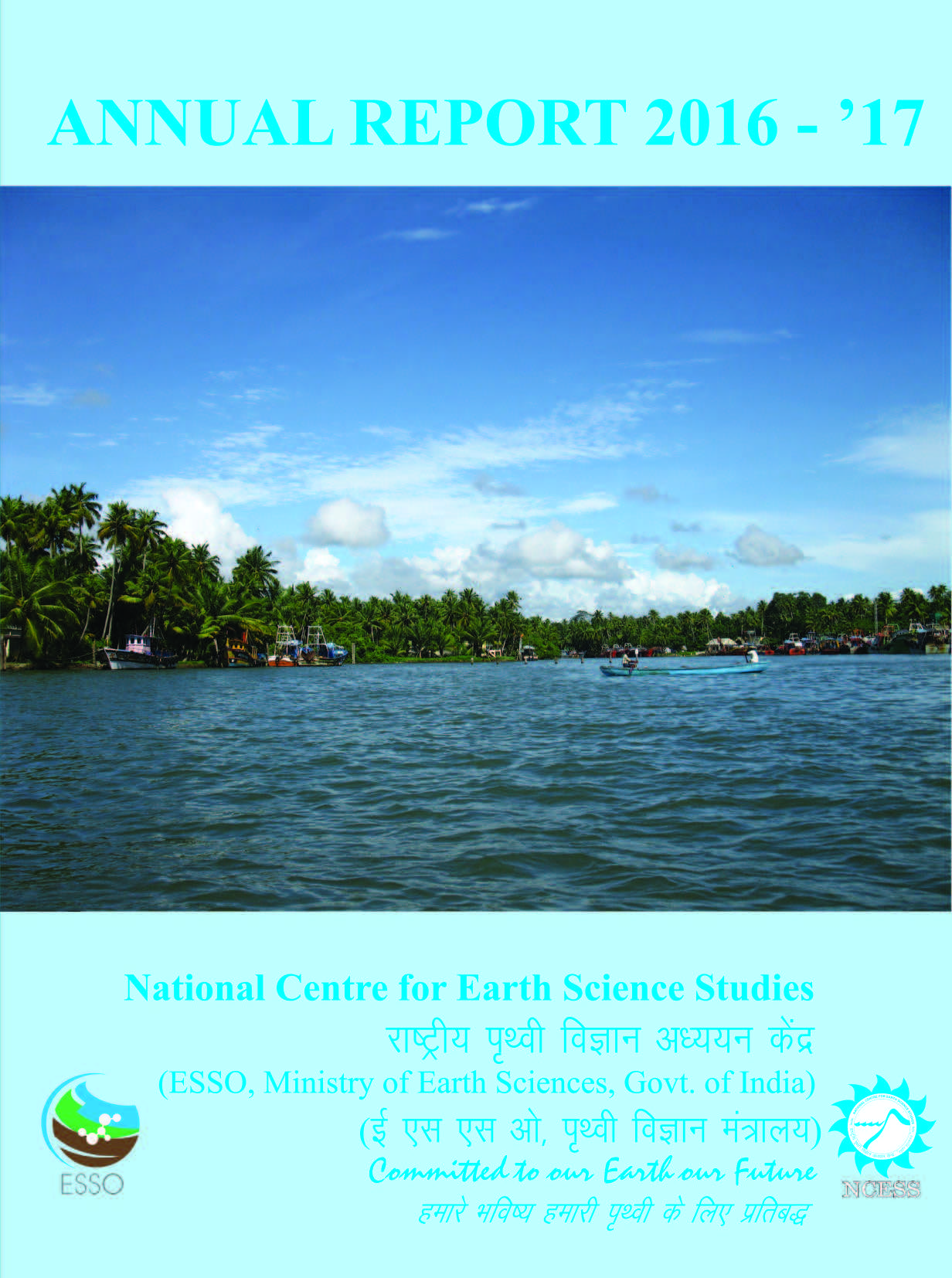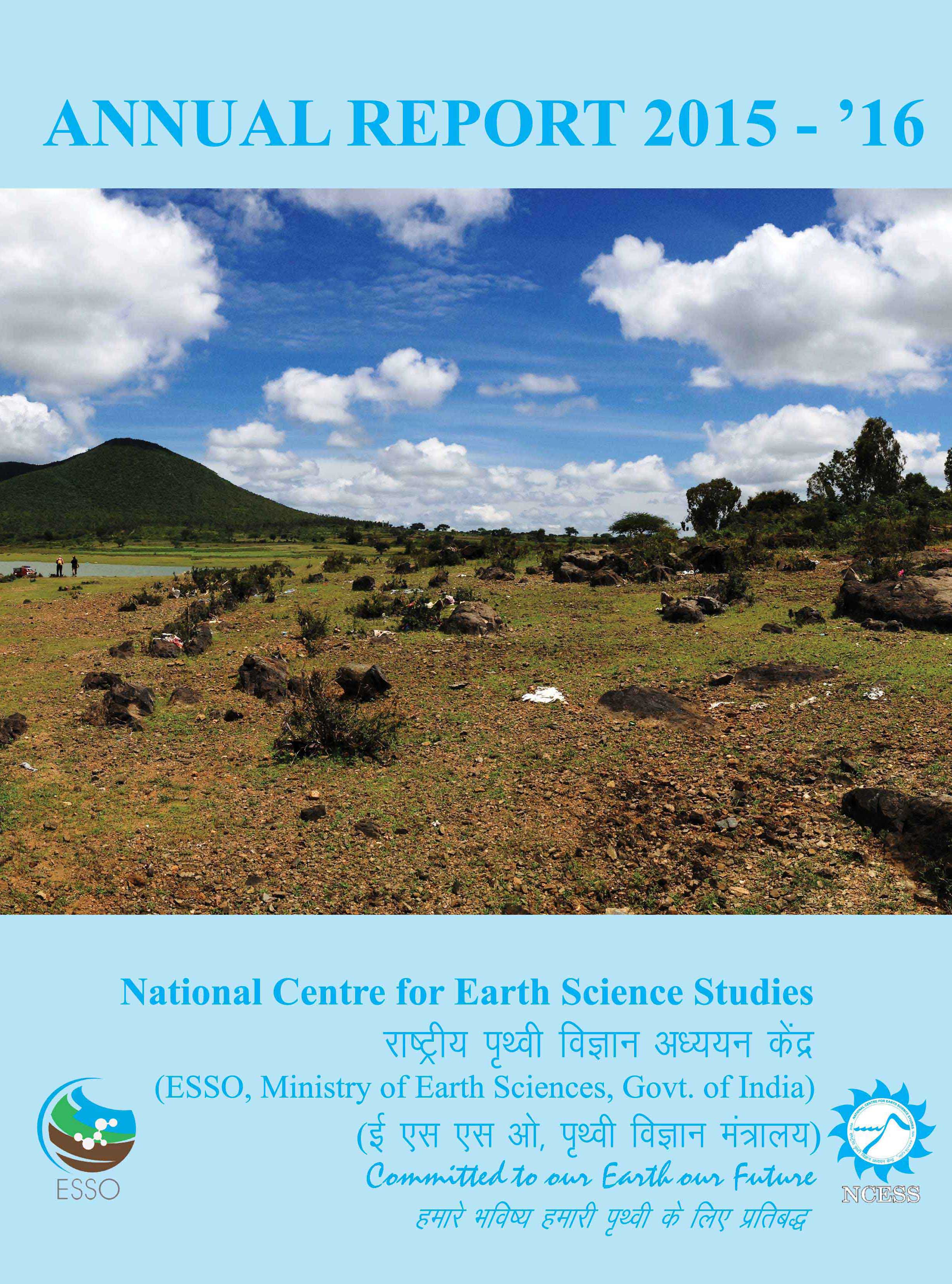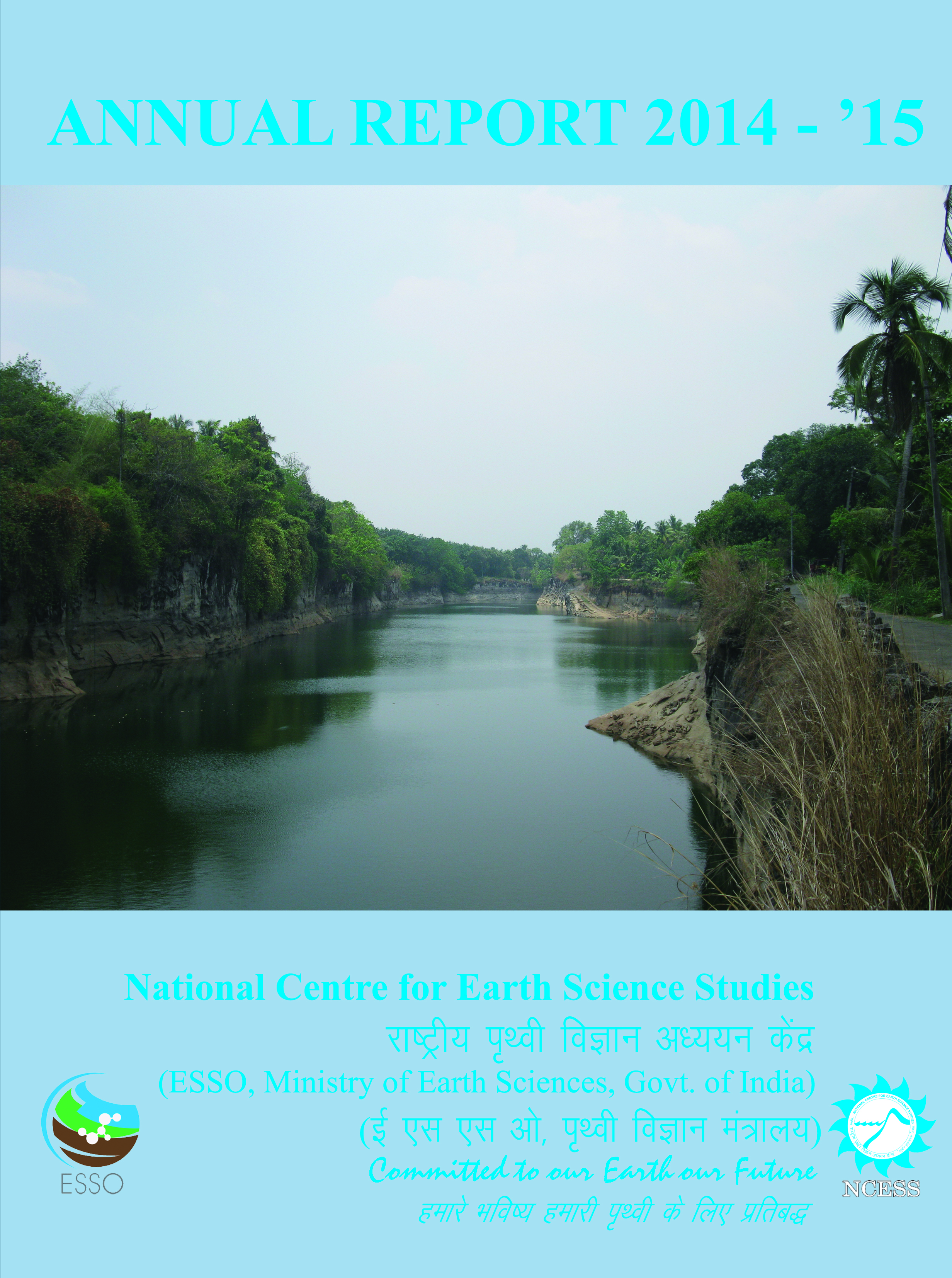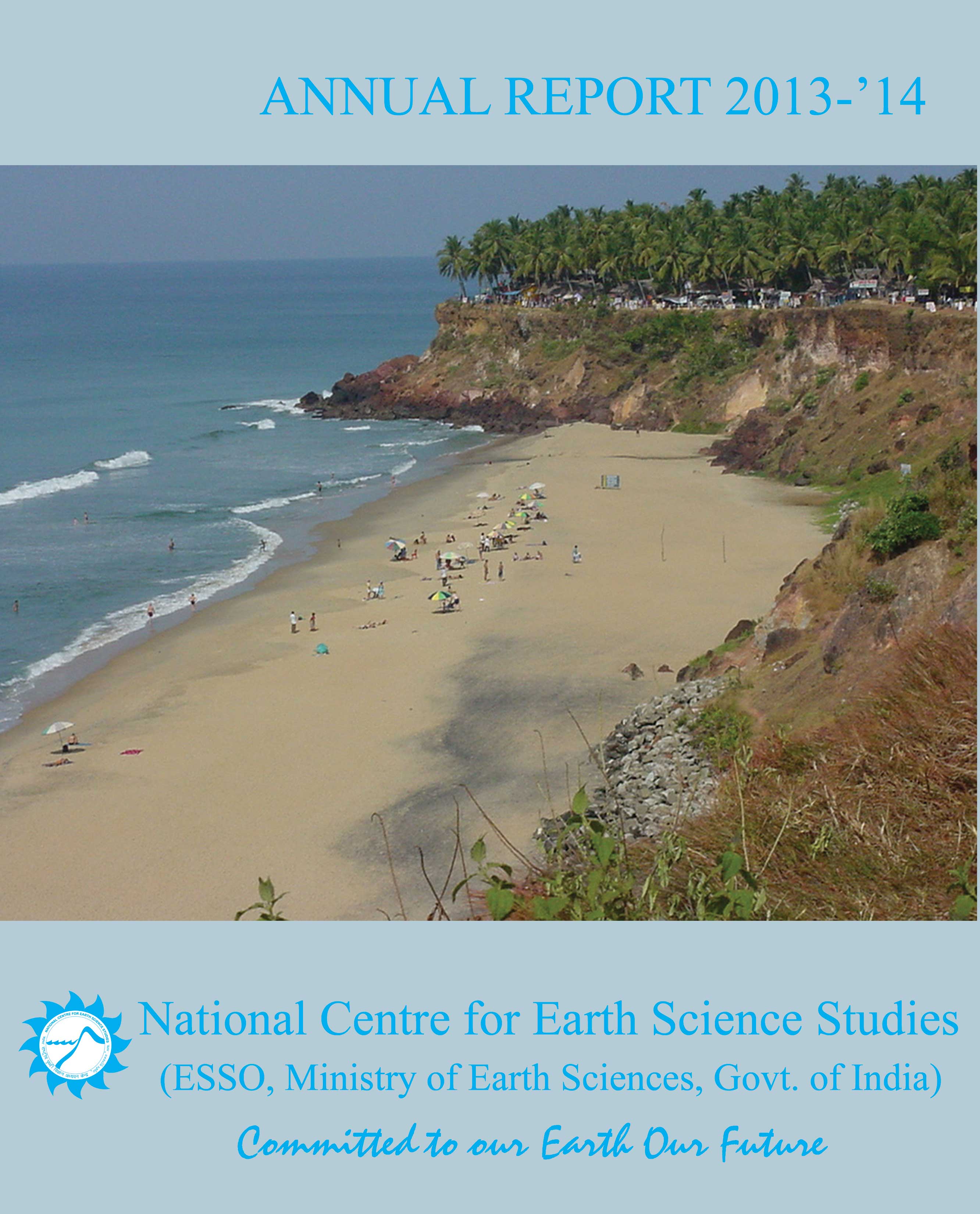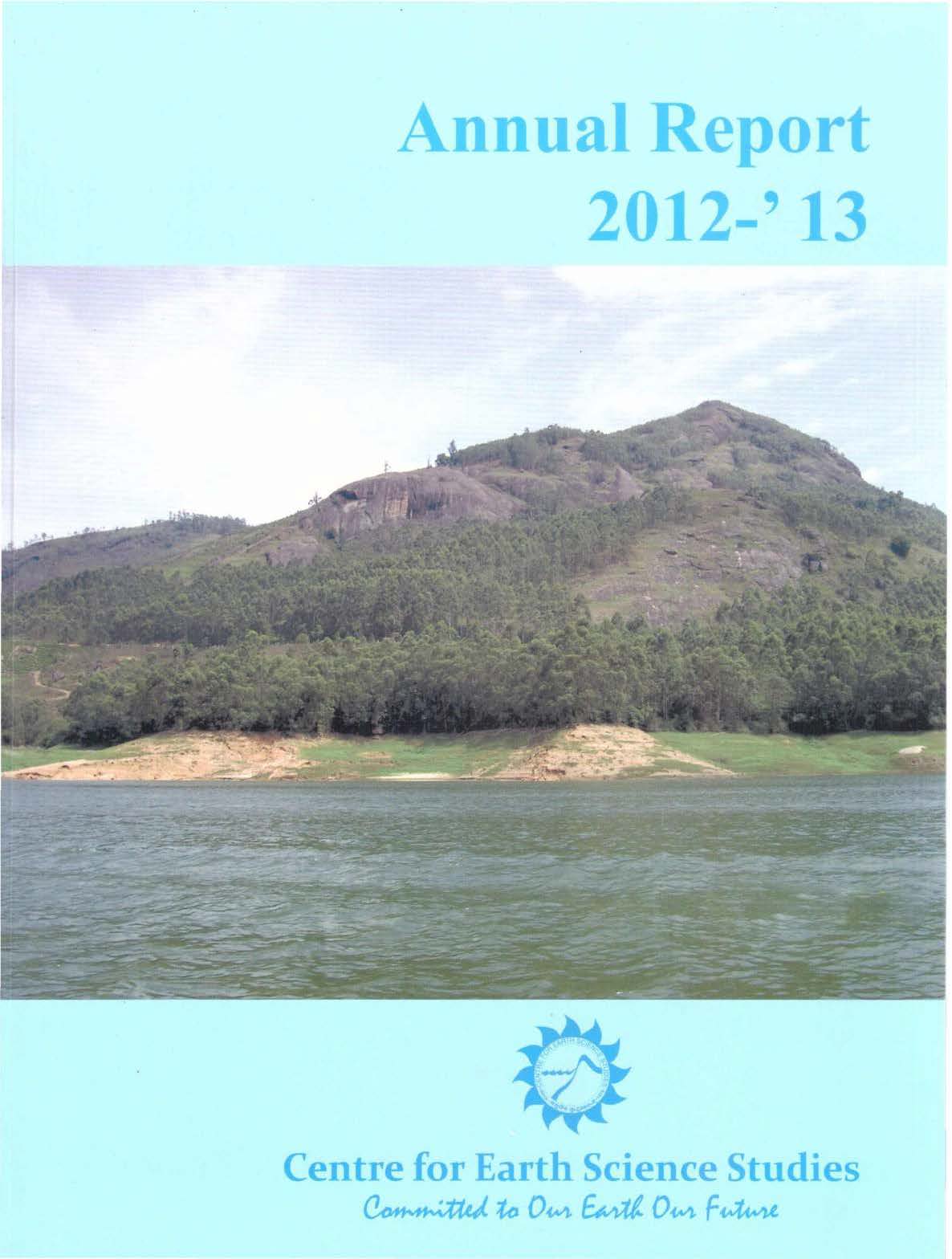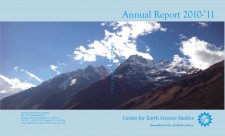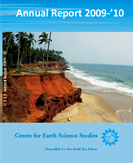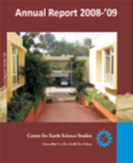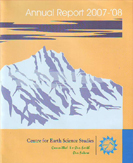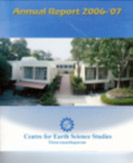Uncategorised
Research Publications
Newsletters
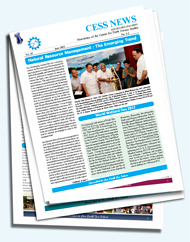 CESS brings out every quarter a news letter presenting latest developments in Earth Sciences and about the activities and programmes of the Institute with a view to share the progress, current interests and achievements of the Institute.
CESS brings out every quarter a news letter presenting latest developments in Earth Sciences and about the activities and programmes of the Institute with a view to share the progress, current interests and achievements of the Institute.
You can view all newsletters for the last five years, or select a specific issue below. Issues are viewable in newsletter format (Adobe Reader required).
We welcome Institute requests to receive future newsletters. Please write to Director, CESS or fill in the feedback form.
Download Newsletters
| 2012 | December | June | ||
| 2011 | December | |||
| 2010 | Jan-Mar 2010 to Apr-May 2010 | December | ||
| 2009 | March | June | September | December |
| 2008 | March | June | September | December |
| 2007 | March | June | September | December |
| 2006 | March | June | September | December |
| 2005 | March | June | September | December |
Hydrology Group (HyG)

Water is the most important resource whose continued supply is to be ensured for the sustenance of life on earth. Agricultural productivity, environmental purity, industrial growth, power generation and several other natural and man-made processes are also depended on water availability. Hydrology, the scientific study of water in relation to the effects of precipitation, evaporation and transpiration as well as its occurrence in rivers, lakes and on or below the land surface receives paramount importance in this era of ever-changing climate and human interventions on environment. Many studies reveal that the skin of the earth from its surface to the aquifer bottom is under severe stress, mainly due to the adversities of anthropogenic activities. A comprehensive understanding of the different hydrological processes operating in different environmental components/subsystems in the surface and subsurface horizons is a pre-requisite for better planning and sustainable development of our limited fresh water resources.
The Hydrology Group focuses on basic and applied aspects of research in hydrology and water resources with specific reference to Earth’s Critical Zone. Earth’s Critical Zone is a complex natural reactor where inputs of solar energy and, atmospheric deposition and gases interact with biota and rock masses of the continents to maintain soil, nourish ecosystems and yield clear water. The Critical Zone is experiencing ever increasing pressure from rapid economic developments. A better understanding of these processes taking place from tree to the aquifer bottom is very essential in the context of India’s rapid economic developments.




 RTI Act
RTI Act

